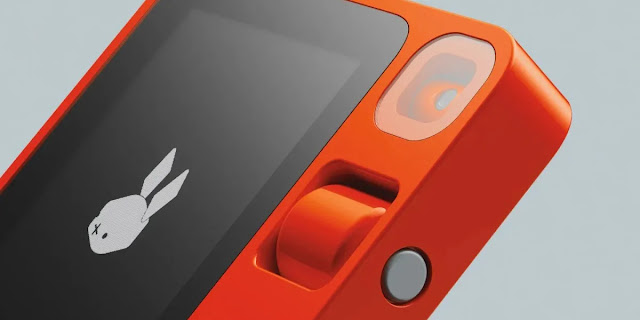AI hardware is finally hitting the market with grand promises, but judging by the early experiences with these high-profile launches, it seems that even the most basic smartphone would likely outperform them.
This edition of 9to5Google Weekender is part of 9to5Google’s revamped newsletter, which showcases the most significant Google stories along with added commentary and other interesting details. Subscribe here to receive it in your inbox ahead of time!
The potential of AI is immense. In theory, these models could eventually automate tasks and complete them faster than humans ever could. However, in these initial stages, the user experience is inconsistent, prone to absurd errors, and often painfully slow. In simple terms, it's not great.
This is precisely why these new AI devices are difficult to endorse. The Humane AI Pin and Rabbit R1 began shipping in April and have received widespread criticism so far. The Pin is excessively priced, prone to overheating, and often sluggish in its responses. On the other hand, the Rabbit R1 struggles with location accuracy, has a battery that barely lasts a day, and frequently provides inaccurate information. Observing my friend Joe Maring's behind-the-scenes encounters before his review on Digital Trends was quite enlightening, often filled with laughter and visible frustration at how poorly and absurdly the Rabbit performed. His conclusion was that it's a "good-looking $199 paperweight," a fitting assessment for a device that once stated the temperature would be 78 degrees Celsius when asked about the weather.
Moreover, these AI gadgets aren't even promising anything truly groundbreaking. They essentially utilize voice interfaces with AI to perform tasks you're already doing, like ordering food or asking questions.
They just happen to be worse at it.
You know what excels at these tasks? Your smartphone.
The concept of delegating tasks to AI is intriguing, but even in their supposed areas of expertise, smartphones consistently outperform them in terms of speed, reliability, and overall performance. A demonstration by Marques Brownlee comparing the speed of recognizing the Cybertruck using multimodal AI on the Humane AI Pin versus a Galaxy S24 Ultra using Google Lens solidifies this argument.
But I would argue that even the lowest-quality, most affordable smartphone still offers a better experience than these AI gadgets. A budget Android phone priced at $200 can still utilize Google Lens for multimodal AI experiences and easily access ChatGPT or Gemini for additional tasks.
The allure of these AI gadgets, in my opinion, lies solely in their hardware.
The Rabbit R1 seems to miss the mark entirely—it's merely another rectangular device to carry in your pocket that doesn't offer anything your phone can't already do (especially considering your phone can technically replicate the entire Rabbit experience). The Humane AI Pin presents an intriguing vision with its hardware, but it has clearly fallen short of its intended goals.
AI is undoubtedly exciting, and I'm eager to see innovative and practical gadgets emerge from it. However, many people claim that smartphones have become mundane and that these gadgets will surpass them, but I disagree. Phones have evolved significantly, and it will take truly remarkable advancements to surpass what we've been developing over the past few decades. As it stands, AI gadgets are off to a rocky start.
Tags:
Technology
